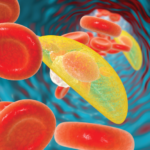ACR CONVERGENCE 2020—With the inevitable decline in organ function that comes with age, and the likelihood that older patients (i.e., generally defined as older than 60 or 70, depending on the study) are on more than one medication due to multiple comorbidities, therapeutic drug treatment for older patients requires persistent vigilance and know-how, two experts…








